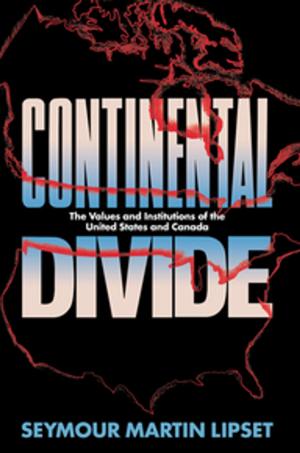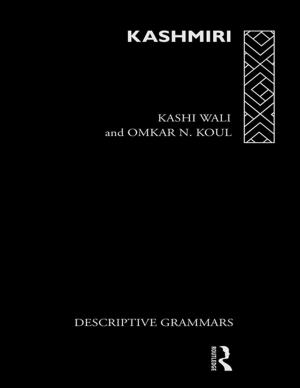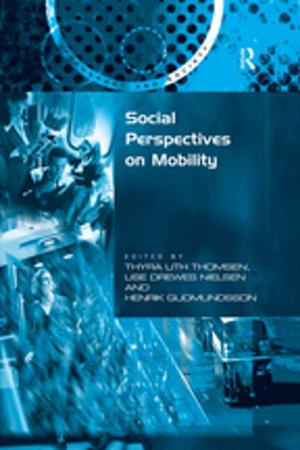Susan Strange and the Future of Global Political Economy
Power, Control and Transformation
Nonfiction, Social & Cultural Studies, Political Science| Author: | ISBN: | 9781317239338 | |
| Publisher: | Taylor and Francis | Publication: | April 28, 2016 |
| Imprint: | Routledge | Language: | English |
| Author: | |
| ISBN: | 9781317239338 |
| Publisher: | Taylor and Francis |
| Publication: | April 28, 2016 |
| Imprint: | Routledge |
| Language: | English |
This edited volume addresses the 2007/2009 financial crisis as the occasion to engage critically with the corpus of Susan Strange’s work, in order to consider what changes (if any) this crisis portends for the structural organization of the global political economy. The contributors use Strange’s rich conceptual framework to explore the financial crisis and its aftermath, and reflect critically on the broader contributions which her work has made to the discipline of IPE.
The volume makes three valuable contributions for scholars and students. First, it raises the profile of Susan Strange, a unique and powerful contributor to the field of IPE whose ideas matter to our current circumstance and can provide deep and enduring insights into important questions and issues. Secondly, each contributor to this volume combines her work and ideas with that of other traditions or individual theorists in ways that extend and/or deepen Strange’s own efforts. Finally, this volume leaves us with a judicious optimism about the future of both IPE and the world as it actually is, on the ground.
This book will be of interest to scholars and students who are interested in the dynamics shaping contemporary and future developments in the global political economy, as well as those who are interested in the theoretical debates about how to study IPE.
This edited volume addresses the 2007/2009 financial crisis as the occasion to engage critically with the corpus of Susan Strange’s work, in order to consider what changes (if any) this crisis portends for the structural organization of the global political economy. The contributors use Strange’s rich conceptual framework to explore the financial crisis and its aftermath, and reflect critically on the broader contributions which her work has made to the discipline of IPE.
The volume makes three valuable contributions for scholars and students. First, it raises the profile of Susan Strange, a unique and powerful contributor to the field of IPE whose ideas matter to our current circumstance and can provide deep and enduring insights into important questions and issues. Secondly, each contributor to this volume combines her work and ideas with that of other traditions or individual theorists in ways that extend and/or deepen Strange’s own efforts. Finally, this volume leaves us with a judicious optimism about the future of both IPE and the world as it actually is, on the ground.
This book will be of interest to scholars and students who are interested in the dynamics shaping contemporary and future developments in the global political economy, as well as those who are interested in the theoretical debates about how to study IPE.















